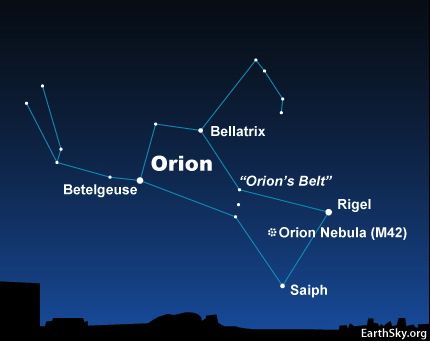I understand there is a time lapse between the light source and light effects. We see the moon being illuminated but we don't see the light headed toward the moon. We see the light source and the effects of that light source 8 minutes later but we don't see the light in flight. If you could see light in flight you would be blind because that's all you'll ever see. So if you could see the light passing in front of your hand then you wouldn't be able to see your hand. Light in flight is invisible to the naked eye.
Planet Earth is currently recieving light from well over 40 different stars. Yet we still have a nighttime. So there is also the question of how far does light travel before is dies out? Because some believe with that much light hitting the Earth we should not have a nightfall. So if the light from our nearest star, which is just 4.3 light years away, does out before hitting us. Then the light from a star that is 600 light years away definitely has no chance. So us having a nighttime has one or two explanations: Light does out from age and/or light turns black from age. Some scientists are trying to find the half-life of light to explain our nightfall, but most have just given up on an explanation. But I agree with them, we should not have a nighttime while receiving the light from over 40 different stars. So something is happening to all of that light and no one can explain it as of yet. So we see those 40 plus light sources but we don't see their effects. We only get the effects from one light source, our sun.
NOW THIS IS CRAZY.
When the Earth turns is back to the sun (nighttime) we don't see light streaking around the edges of our planet headed into out of space. Even though our sun is multiplie times bigger than our planet. We know darn well that light has not died out, but has it turned black already? When you think about that, it's just crazy. Space is full of light bulbs (stars) but it's dark as hell. It's almost as if light doesn't exist until it strikes something. Hence, you don't see light as it travels. You see the light source (sun) and the effects light has on visible objects (moon) but you don't see light streaking around the edges of our planet headed towards the moon. You cannot see light in flight, but you can see the light source and its illuminating effects.
So if that star goes supernova you'll be seeing what happened to that light source in real time.





